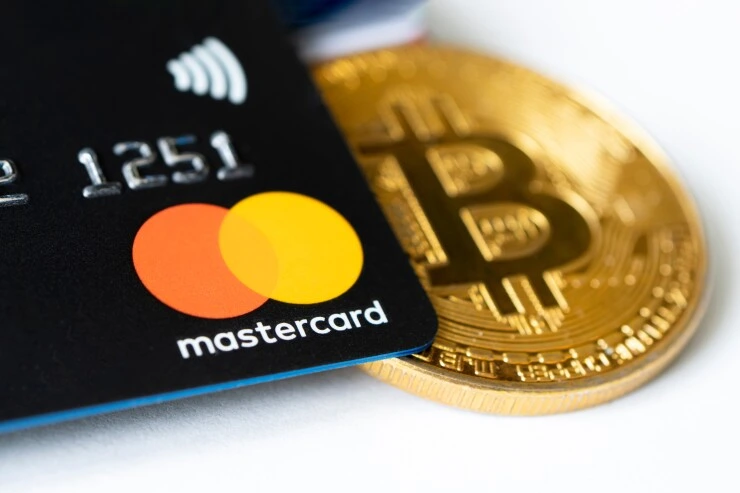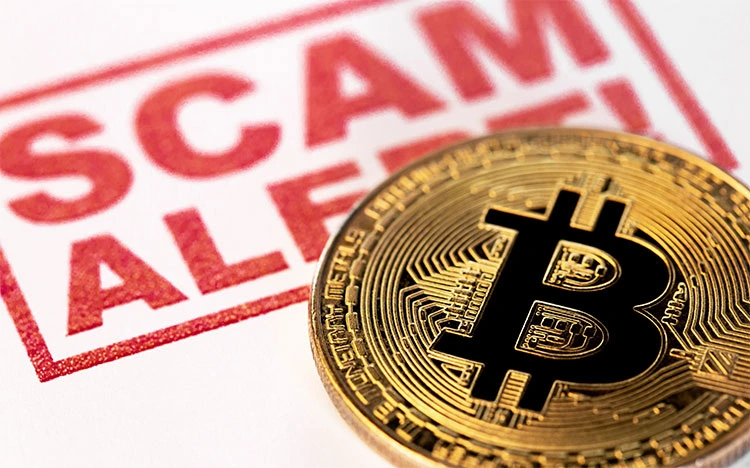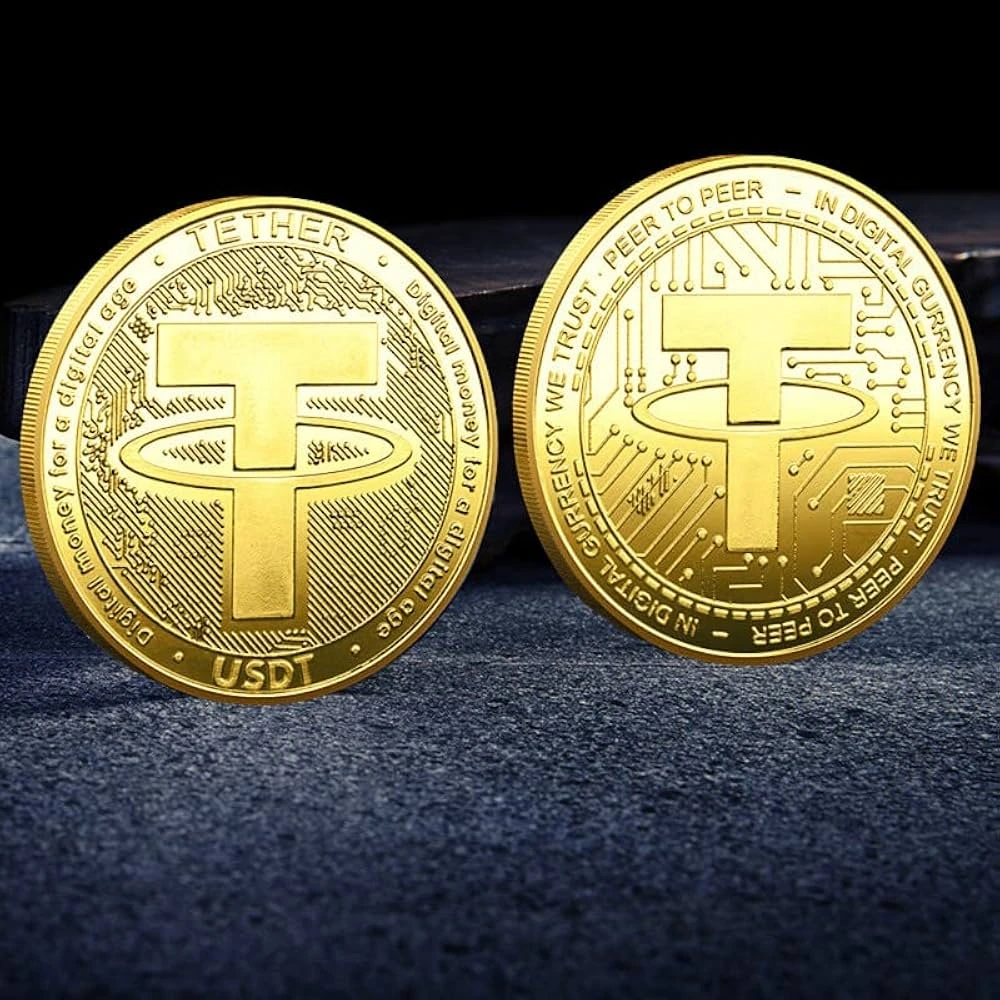Crypto at the Cash Register? Why Businesses Are Right to Bet on Digital Coins
Crypto at the Cash Register? Why Businesses Are Right to Bet on Digital Coins
Look—crypto isn’t just for Reddit forums and Silicon Valley anymore. It’s inching into real-world transactions, and the phenomenon of merchant crypto adoption is becoming too big (and too interesting) to ignore.
Some people still scoff—“Why would any business accept that volatile mess?” But that reaction’s missing the bigger picture. The world is changing, and smart merchants are picking up on it. They’re not turning their entire operation into a blockchain company, but they’re opening the door—and yeah, I think that’s smart.
Merchant Crypto Adoption: Lower Fees, Fewer Headaches—Need I Say More?


Here’s the first blunt truth: traditional payment processors are expensive. Visa, Mastercard, PayPal—they all take their cut, and it ain’t small. For every sale, a little slice goes to middlemen who aren’t actually helping you sell anything.
Crypto? You send money peer-to-peer. Depending on the network, you might pay a few cents. Sometimes, even less.
Are the fees always lower? No. (Hello, Ethereum gas spikes.) But on average? Yeah, merchants can save a bundle—and that’s not a bad reason to try something new.
Merchant Crypto Adoption: Going Global Without the Red Tape

This part is huge—and strangely underdiscussed. Crypto doesn’t care about borders. You want to sell a T-shirt to someone in Nigeria or Argentina? Great! No need to mess with currency conversions or expensive international transfers.
Some countries are even leapfrogging old-school banking entirely. For merchants, it’s less about chasing trends and more about staying relevant in a world where global customers expect payment flexibility.
Merchant Crypto Adoption Sends a Clear Message

Let’s get real: accepting crypto is as much about brand identity as it is about functionality.
By saying “Yes, we take Bitcoin,” businesses tell customers:
- We’re forward-thinking
- We’re not scared of tech
- We understand our next-gen audience
It’s not just about reaching the crypto-rich crowd (though, hey, not a bad bonus). It’s about making a statement. In a world where brands are desperate to stand out, this one’s almost too easy.
Crypto Cuts Down on Fraud—and That’s Huge

Chargebacks are the silent killers of small business. You think you’ve made a sale, and a week later—poof!—the money’s gone, clawed back by the customer or their bank.
Crypto doesn’t work like that. Transactions are final. Immutable. If the money’s in your wallet, it stays there.
This alone has convinced plenty of merchants—especially those in high-risk or high-fraud industries—to explore crypto options.
Yes, It’s Volatile. Yes, That’s a Problem.

Now, let’s not pretend crypto is all roses. You can’t talk about merchant crypto adoption without facing the volatility elephant in the room.
Prices swing—sometimes wildly. Accepting $300 worth of Bitcoin today might mean holding $250 worth tomorrow.
But there are solutions. Tools like BitPay or Coinbase Commerce offer instant fiat conversion. That means merchants can accept crypto without holding it—and without exposing their books to the rollercoaster.
So is it risky? A little. But manageable? Absolutely.
Big Players Are Already In—And More Will Follow

If you think crypto payments are still niche, think again. Overstock accepts it. So does Newegg. Shopify merchants can plug it in within minutes.
Even Tesla (briefly) accepted Bitcoin—and while Elon changed his mind faster than the price of Dogecoin, it proved a point: this is no longer a fringe experiment.
More luxury brands, airlines, and online platforms are dipping their toes into the crypto pool. That momentum is hard to ignore.
So, Should Every Merchant Jump In?

Not necessarily. Crypto’s not for everyone—not yet. If your customer base skews older or your margins are razor-thin, it might not be worth the complexity right now.
But here’s my take: offering crypto as a choice—not a replacement—makes a ton of sense. Give your customers more ways to pay. Let them decide.
And if 3% of them choose to pay in Bitcoin? That’s 3% more revenue you didn’t have before.
Final Word: This Isn’t a Fad, It’s a Foundation

Look, I get the skepticism. Crypto still feels “new,” even after 15 years. But merchant crypto adoption isn’t about going all-in—it’s about optionality, innovation, and meeting people where they are.
Some see it as a gimmick. I see it as smart business evolution.
At the end of the day, crypto won’t replace dollars anytime soon—but it doesn’t have to. A seat at the payments table is enough to shift the conversation, and smart merchants? They’re already pulling up a chair.
Relevent news: Here




